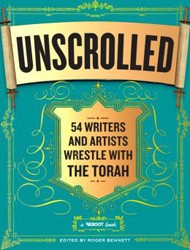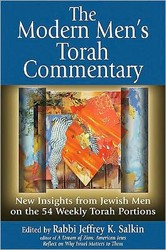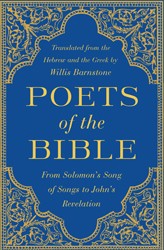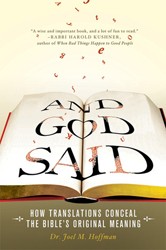By
– August 24, 2011
In today’s political debates on social issues, we sometimes hear, “this is what the Bible says,” and religious viewpoints often make their way into public policy. Professors Friedman and Dolansky have identified five topics in the current political dialogue: Homosexuality, Abortion, Women’s Status, Capital Punishment, and the Earth and researched what the Bible does indeed say on these controversial topics.
They apply the principles of rigorous academic scholarship including text criticisms, anthropological perspectives, and an in-depth analysis of Biblical Hebrew as well as other ancient languages. They do not attempt to convince the reader of one point of view over another, but rather to open the text to a fuller understanding of what the texts say, or do not say, in some cases, about these issues.
For example, the Bible does not directly address abortion, although we believe ancient cultures recognized and understood it, which leads into the very interesting discussion of when life begins. According to Professors Friedman and Dolansky’s scholarship, it is the first breath that determines life. If we accept this interpretation, it then guides us in today’s world in understanding how we should approach policy in legislating abortion.
This is a thoughtful, well-researched, and well-written analysis of modern issues and how the ancient texts can give us wisdom and guidance in making decisions.
They apply the principles of rigorous academic scholarship including text criticisms, anthropological perspectives, and an in-depth analysis of Biblical Hebrew as well as other ancient languages. They do not attempt to convince the reader of one point of view over another, but rather to open the text to a fuller understanding of what the texts say, or do not say, in some cases, about these issues.
For example, the Bible does not directly address abortion, although we believe ancient cultures recognized and understood it, which leads into the very interesting discussion of when life begins. According to Professors Friedman and Dolansky’s scholarship, it is the first breath that determines life. If we accept this interpretation, it then guides us in today’s world in understanding how we should approach policy in legislating abortion.
This is a thoughtful, well-researched, and well-written analysis of modern issues and how the ancient texts can give us wisdom and guidance in making decisions.
Barbara Andrews holds a Masters in Jewish Studies from the University of Chicago, has been an adult Jewish education instructor, and works in the corporate world as a professional adult educator.





